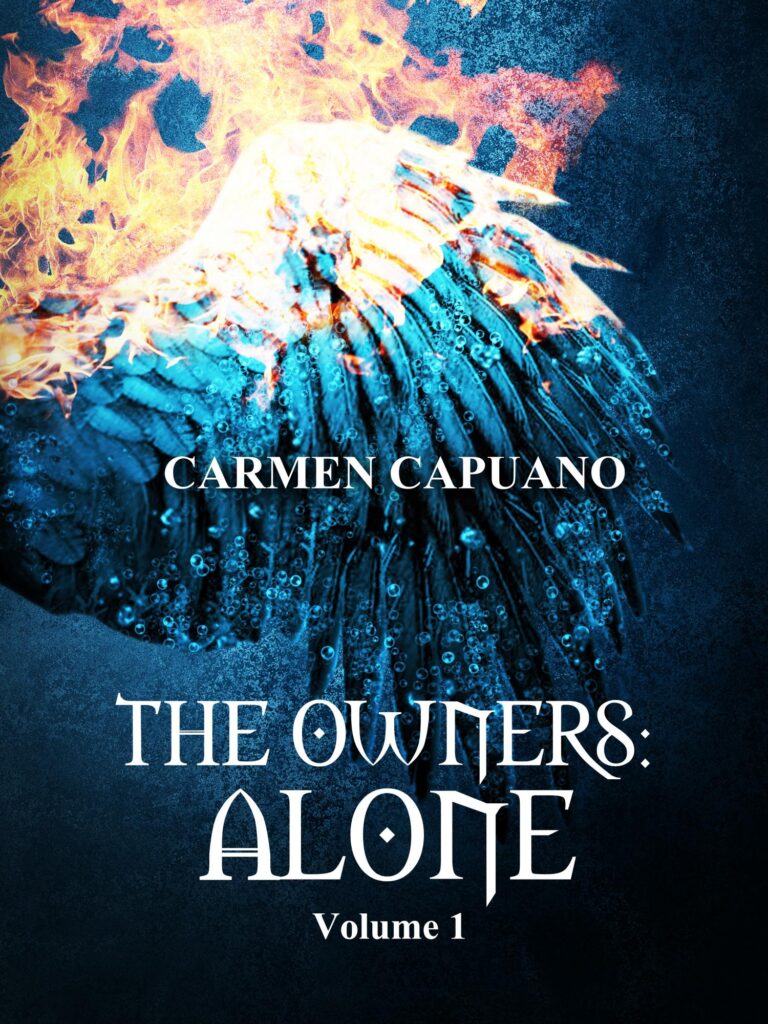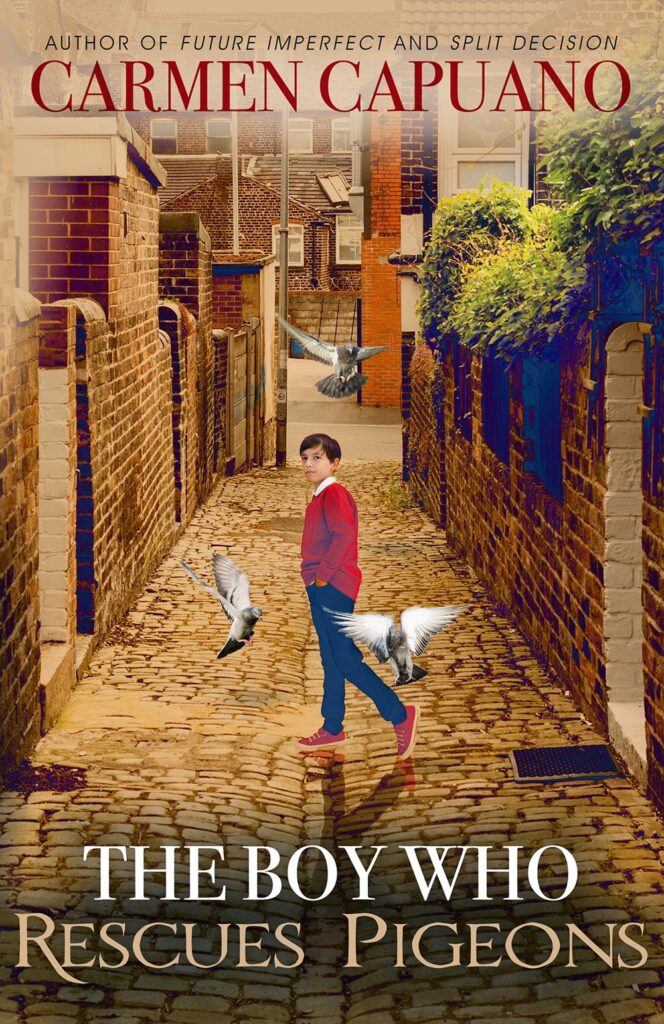

What comes first for you — the plot or the characters — and why?
I find that a really strange question. The plot and the characters are entwined. Both need each other in equal measure. A plot would not be a plot without those particular characters; and the characters wouldn’t have a story to tell if they were not in that particular situation, therefore for me anyway, they present together in my head.
If you could meet your characters, what would you say to them?
I’d tell them to hang in there. Because I often write about social issues that affect people, my characters have a hard time of it before they find some resolution.
Jigsaw Girl, for example, deals with teenage peer pressure, guilt, self-esteem issues and self harm. Split Decision deals with coming of age insecurities, pressures and dangers, and The Boy Who Rescues Pigeons deals with isolation, lack of understanding, loneliness and a social inability to fit in.
They are things that most of us will encounter in one way or another during our lifetime. Life can be tough. My books are not self-help manuals, they are compelling stories that I hope help people make sense of the world around them; that let readers see that they are not alone; and that have the power to make people really stop and think.
As a child, what did you want to do when you grew up?
So many things. I love animals so I became a veterinary assistant and that’s why I use my profits to donate to animal rescue centres and to animal and children’s charities. But I also wanted to entertain, to sing and act. I guess that’s where the creative storytelling part of me comes in. So now as an adult I’ve managed to combine helping animals with entertaining people – best of both worlds.
If you’re planning a sequel, can you share a tiny bit about your plans for it?
Well The Owners series is a set of ten novels which follow the devastation of the planet by superstorms and show how we end up as pets for creatures known as Eyons. I’m about to release the second edition of the second and third volumes and then I’ll be publishing the rest of the series as they are all written. I hope one day to make the series as films, as they would be visually stunning and of course I also write for film and TV.
What, to you, are the most important elements of good writing?
I believe it’s about going beyond the descriptive, to look inside not just the character’s head, but their soul. Your reader should be able to understand the character, their desires and their motivations. Even if the character is despicable – and some of them are – you want them to feel real, for their actions and their words to resonate with real life. Even in science fiction. Readers should feel they would be able to pick your characters out in a crowd, whether they liked them or not, so good writing needs to be many things at once – compelling, pacey, interesting and most of all, relevant.
What are the essential characteristics of a hero you can root for?
I wouldn’t say my books have heroes, even books like Future Perfect where the main character, Tudie, sets out to save the world. Maybe that’s just because in my head a hero is a cardboard cut-out, a two-dimensional being who is super-good and fights evil without a second thought to their own safety and has no vices. Not a real flesh and blood person who has frailties and failings like all my characters do.
What books did you grow up reading?
As a child I was a voracious reader and consumed all the classics such as Great Expectations, Charlotte’s Web and Brave New World. I was fascinated by the language and styles of the novels and the way they conveyed another world, no less perilous than the one I lived in, but with the advantage that I would find out how it turned out in the end for the characters.
Because that’ s what we all seek, isn’t it, when we read or watch something on TV? We want to see how the characters resolve the situations they are in. It’s our escapism and our hope. If they can find resolution then surely so can we.
What is the most difficult part of your writing process?
Releasing it into the world. That takes guts. To create characters and write about them you have to almost inhabit their world for a little time. To then put them out there under the scrutiny of strangers… that can be terrifying. What if they don’t like your favourite character? What if the book gets bad reviews? All these things and more go through my head when I gather up my courage and publish a book.
How did you come up with the title for your book?
Like my characters and my plots it’s a mostly organic thing. Each book more or less names itself. For example when I was part way through writing my first ever book, something told me it should be a series of ten and so it became The Owners Volume 1: Alone. I had no idea at that time what the other nine books were going to be about, just that they were going to exist. Kind of strange I guess, but that’s what happened.
Have you ever considered writing under a pseudonym, and why or why not?
With a name like mine that was never necessary. Besides I am as much a part of the books as they are of me…
Your social media links (Twitter, Facebook, Amazon, etc…)